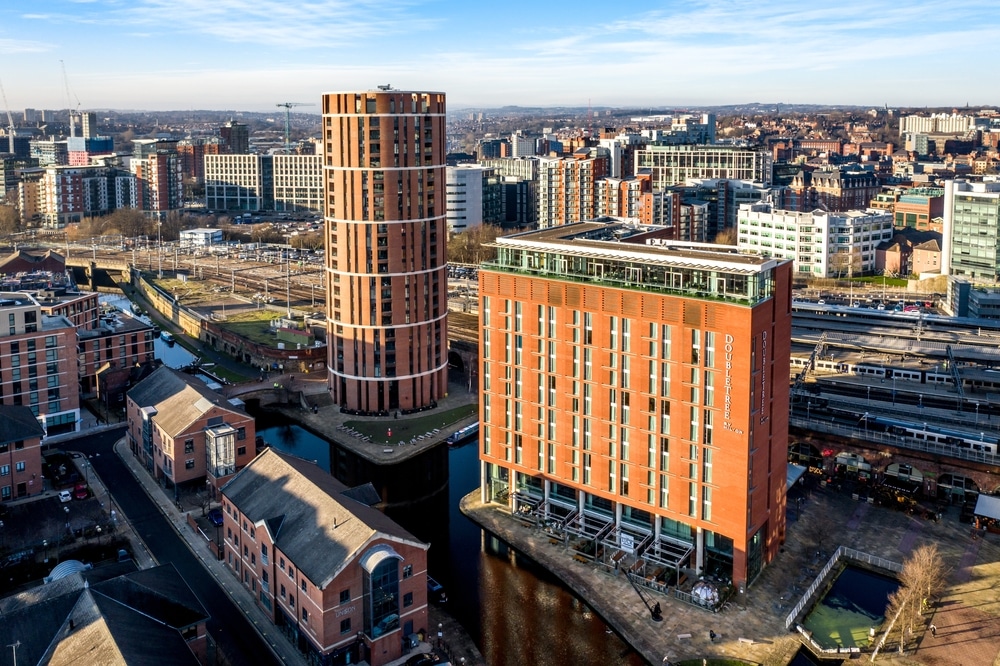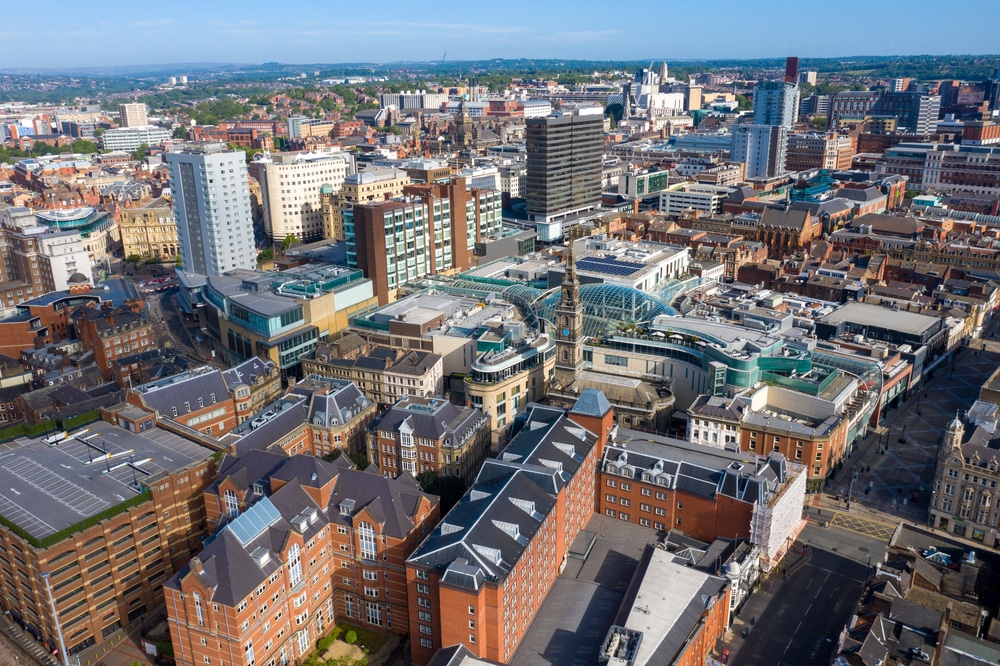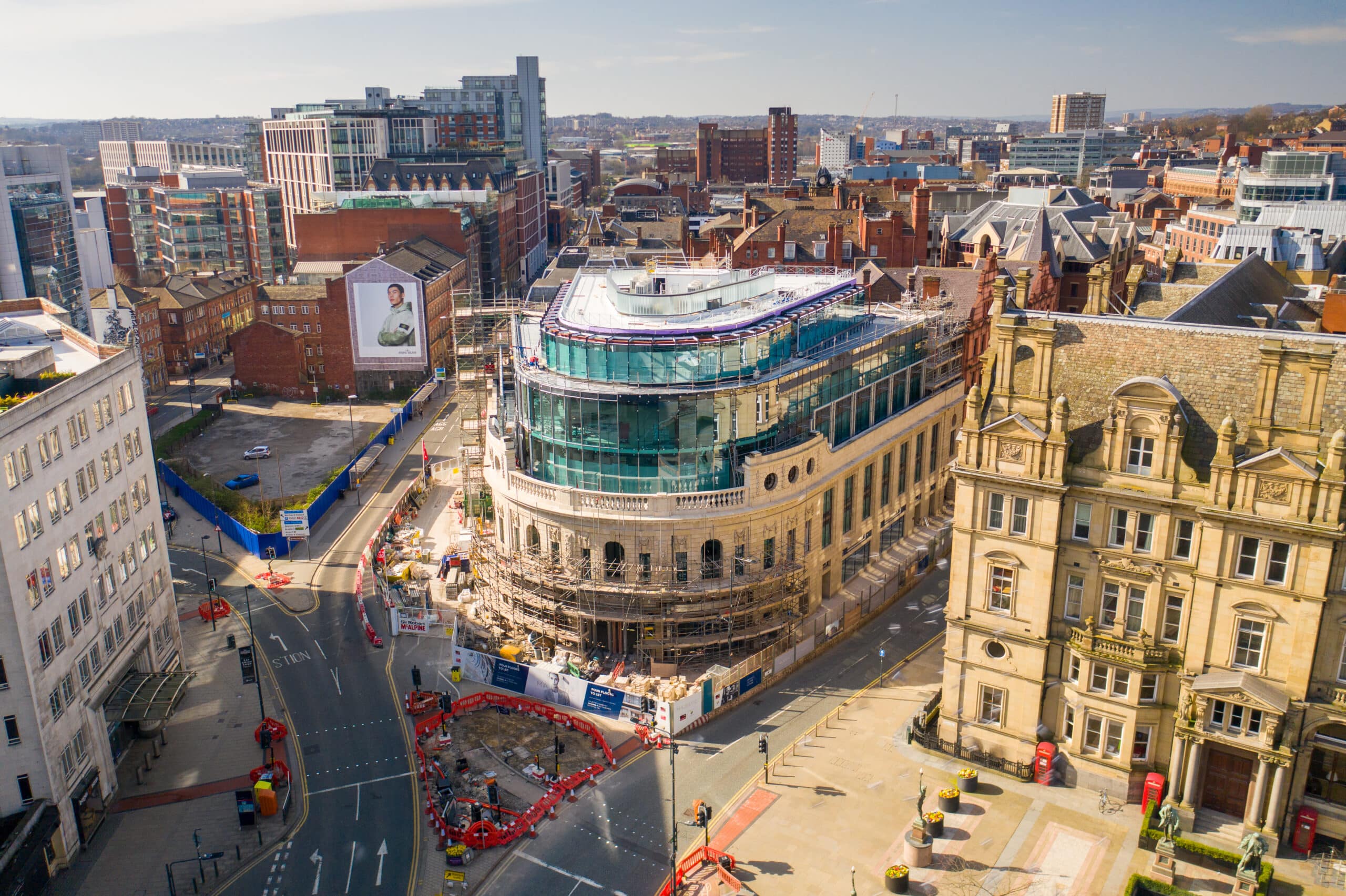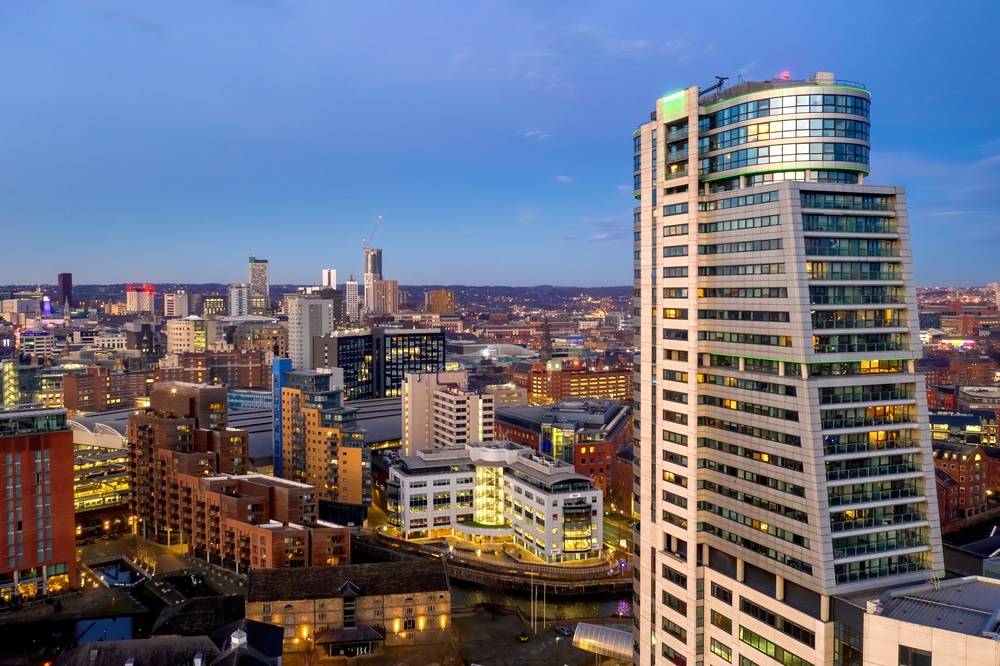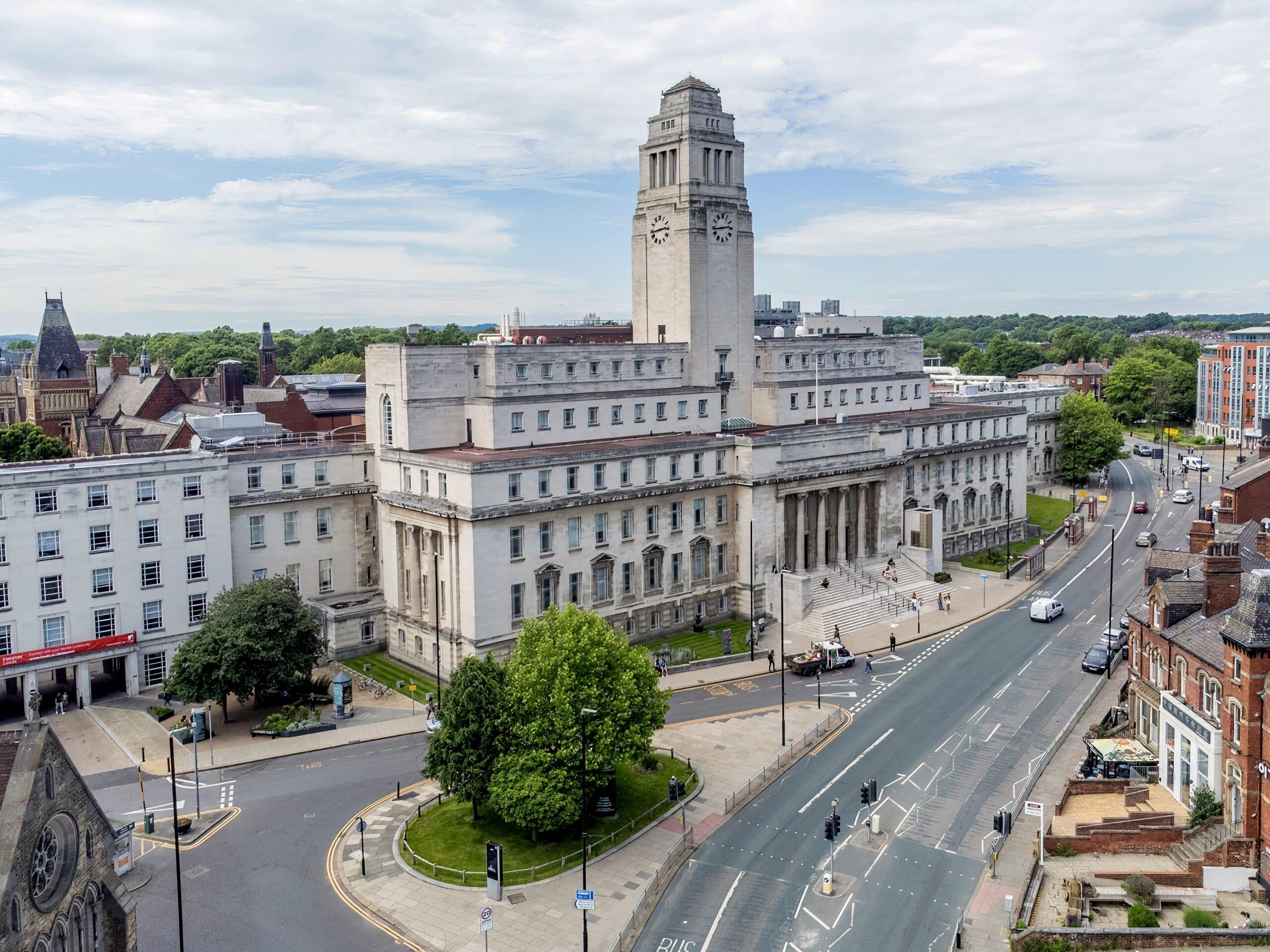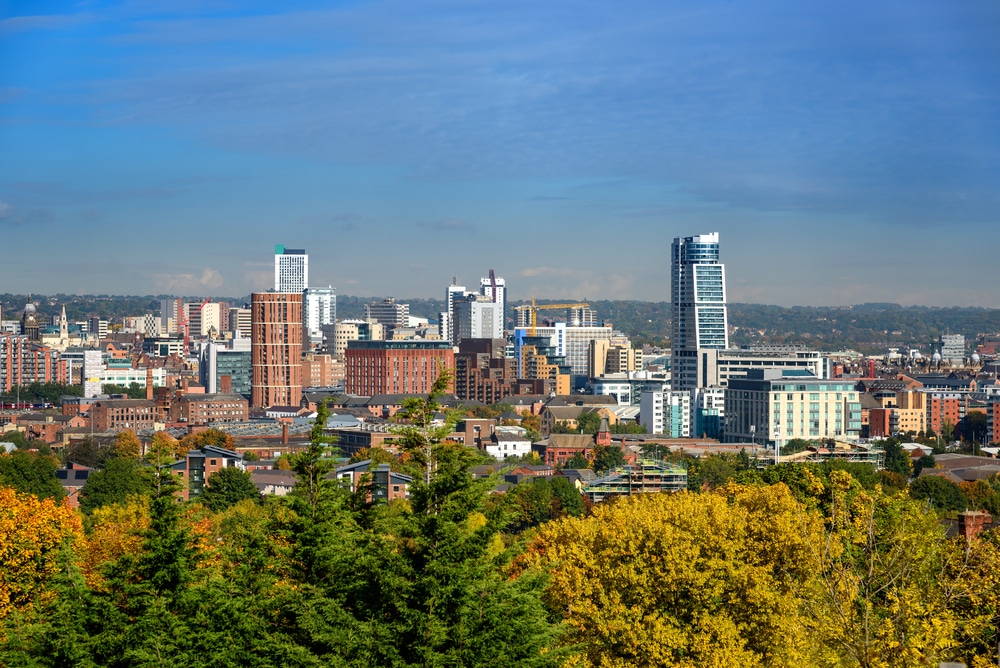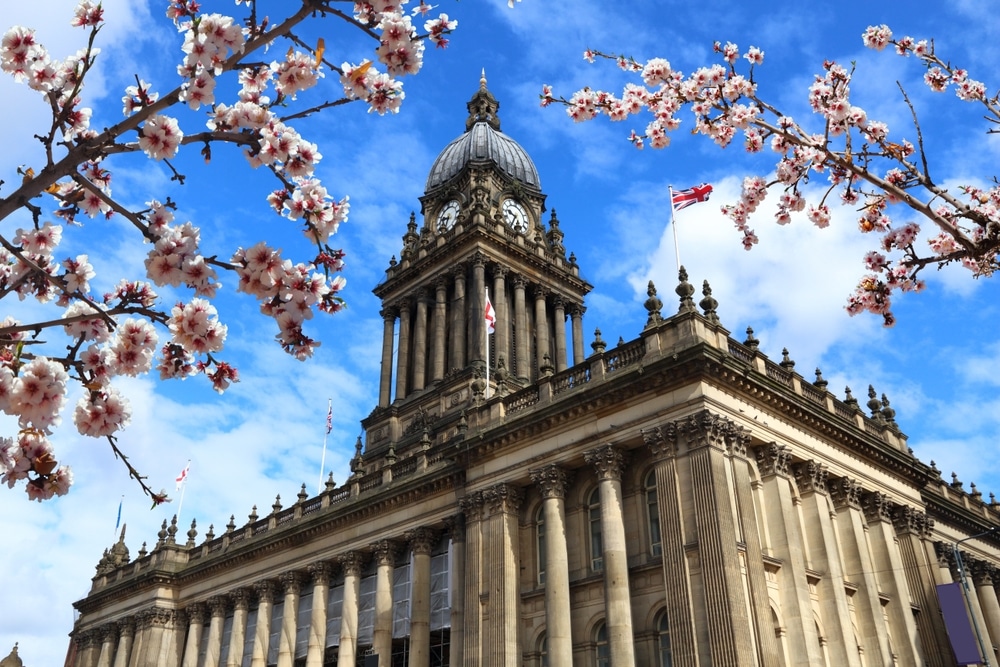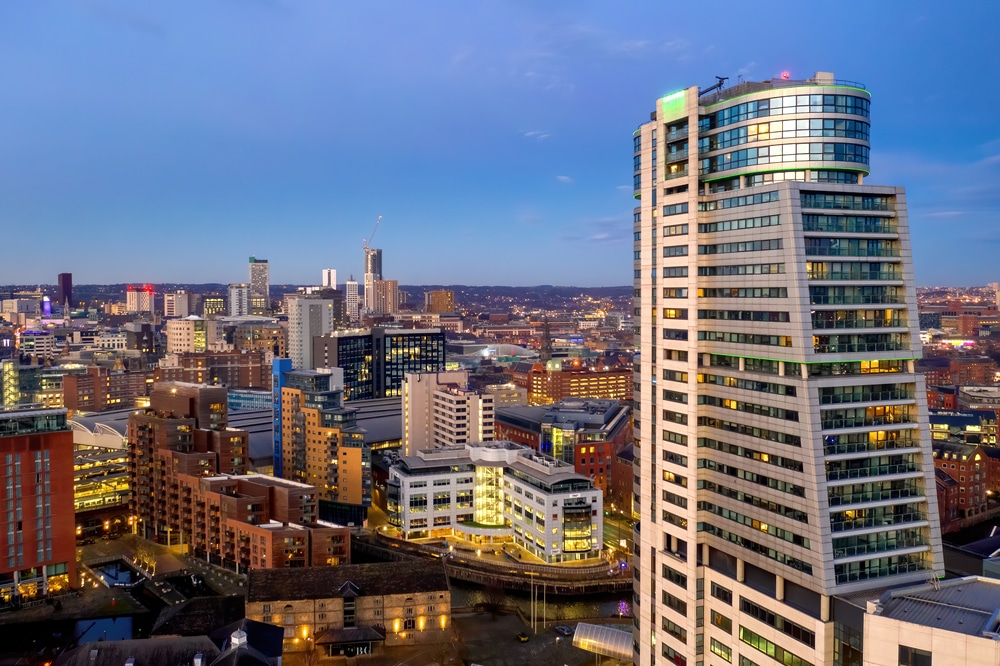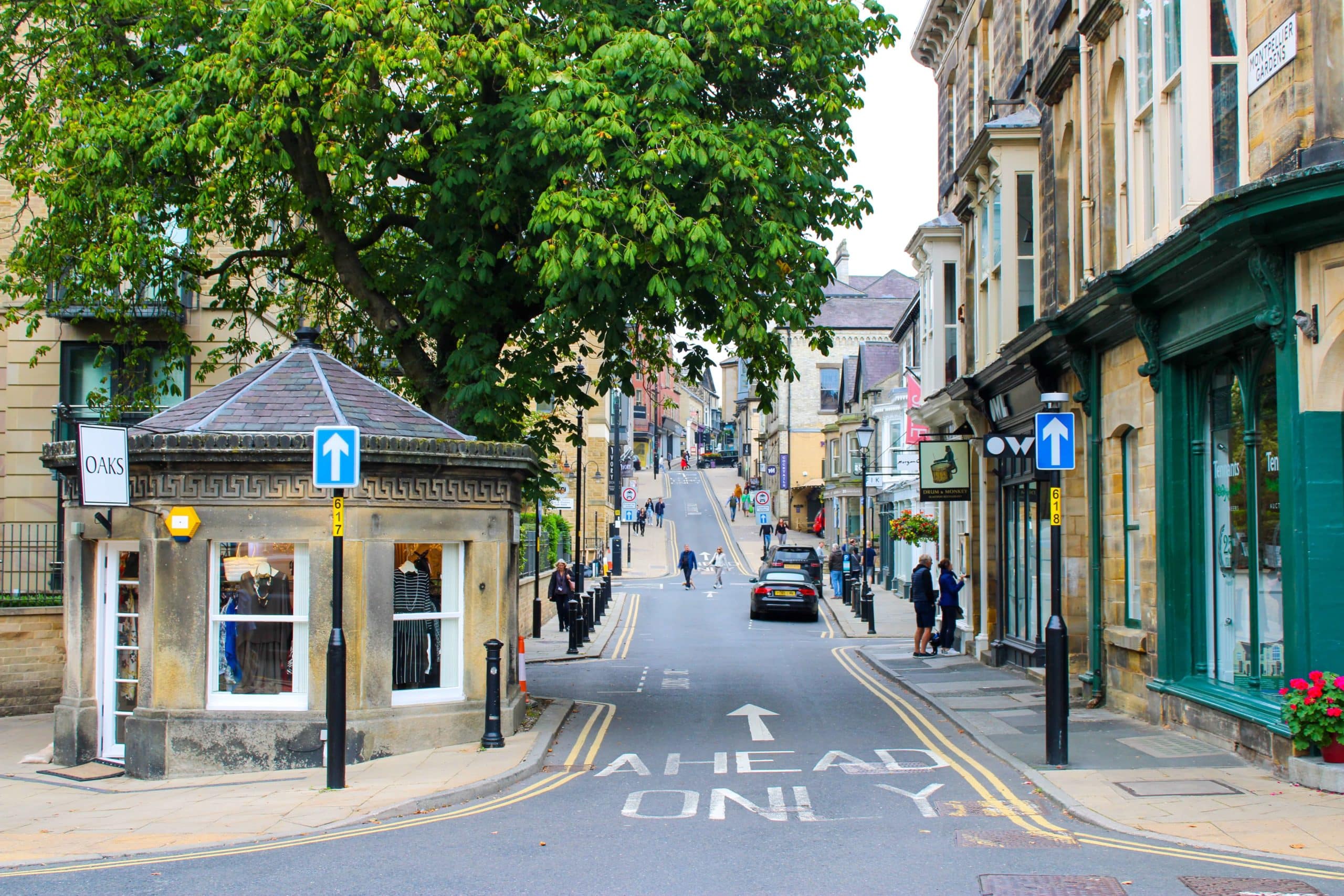Inheriting a property can be a complex and overwhelming situation. On one hand, you’ve acquired a valuable asset that could give you financial security or even your own home. On the other, dealing with the legalities of estate administration and tax liabilities can be a bit of a minefield. And it’s even harder when you’re grieving.
With that in mind, this guide will walk you through the steps to take next if you’ve inherited property in Leeds. Whether you plan to keep your family home in Pudsey, sell a dated terrace in Armley or rent out a property in Headingley to students, look no further. You’ll find plenty of practical advice and guidance to help simplify the process below.
What do I do if I inherit a property in Leeds?
Before making any decisions relating to the property, you’ll first need to locate the deceased person’s will. This should specify the appointed executor responsible for managing their home and estate, and the beneficiaries. In many cases, executors are also named beneficiaries.
Once this has been established, the executor will need to apply for probate. When granted, that person will be legally responsibly for organising and distributing assets according to the will. If no will was written, the next of kin can apply to gain legal rights over the estate instead.
If you’re a beneficiary in the will, you may inherit all or part of your loved one’s property when they die. The portion you receive will depend on the deceased’s wishes and any other family members listed. And it will be administered along with the rest of the estate by the executor.
How do you transfer ownership of inherited property in the UK?
If the property was registered in joint names (e.g. spouses or civil partners), transferring ownership should be relatively straightforward. As the surviving owner, your name will already be on your home’s deeds. However, you’ll need to fill in a DJP form to take your loved one’s name off the Land Registry. You must also send them an official copy of the death certificate as evidence for your sole ownership to be recognised.
Otherwise, for a home owned by a single person, you’ll need a grant of probate to transfer ownership. The executor can then submit an Assent form to Land Registry in order to assign the property to a beneficiary. There are also several other forms to complete and a fee to pay, which you can read up on here. And the same goes if selling inherited property to a third party.
Other things to consider if you’ve inherited a property
Do I need a solicitor if I inherit a house?
The short answer is no. Some people choose to apply for probate and administer the will themselves in order to save on legal fees. However, it’s often a good idea to seek legal support when you inherit a property.
If you’re the will’s executor, you’ll have a lot of responsibility on your shoulders and getting it wrong could have serious consequences. For example, if you fail to pay enough tax or don’t distribute the assets correctly. This can happen if there are several properties or complicated accounts to deal with. Similarly, if there is more than one beneficiary, disagreements over how the estate is shared out aren’t uncommon. In this case, an objective solicitor can prove useful.
Solicitors can also register you as the new owner during the probate process, saving you the hassle. And if you decide to sell, you’ll need a legal professional to complete the conveyancing work on your behalf. Your solicitor will arrange the legal paperwork for you and act as a middleman for communicating with the buyer’s legal team.
Do I have to sell the property I inherit?
When inheriting a property in Leeds, you have several options, but all beneficiaries must agree on the approach to take. Often, the deceased person’s home is sold to cover the cost of inheritance tax or an outstanding mortgage. Of course, there is no legal requirement to do so, as long as you can afford to pay what is owed.
Alternatively, you could move into the house yourself and remortgage it in your name if needs be. Or you may opt to let the property out to earn a rental income. In this case, you’ll need to get it up to a reasonable standard and ensure all safety checks and EPC ratings are complete.
While probate is underway, the mortgage lender may pause repayments to give you a reprieve until funds have been distributed. However, bear in mind that as the new owner, you’ll be responsible for paying them eventually. Plus council tax, insurance and energy bills on top.
If this isn’t something you feel able to take on, don’t worry. At We But Any Home, we can help you sell your house fast before it becomes a drain on your income. Better still, you won’t need to renovate or redecorate before selling up, as we buy homes in any condition! And it doesn’t matter where it’s located either. We cover Roundhay to Belle Isle and everywhere in between.
What if I inherit a buy to let property in Leeds?
Another thing to consider if you inherit a property is whether it is a buy to let home. If it is and there are tenants in situ, you’ll need to take a look at their rental agreement. This will list how long they’re legally allowed to continue living there. After that date, you can issue an eviction notice in order to repossess the house and sell up or move in yourself. Or if the tenants want to stay, you could sell a tenanted property to another landlord or via We Buy Any Home. This is a great way to keep loyal, longstanding tenants happy, while getting the equity you’re owed.
If you’d like to keep the property as a buy to let and become a landlord, there are some extra steps involved. Firstly, you’ll have to remortgage it in your name which will involve meeting lender affordability parameters. These are often much stricter than for residential homes. Secondly, you’ll have to declare your annual rental earnings via a self-assessment tax return. HMRC will then charge you income tax as appropriate.
Finally, you’ll have to meet your landlord responsibilities. This includes abiding by health and safety regulations (e.g. arranging gas safety/ fire alarm checks) and carrying out any repairs to ensure the property is habitable. In Leeds, you may also need to apply for a license. This is the case if you’re renting out an HMO or if your property is situated in Beeston or Harehills.
Taxes you’ll need to pay when you inherit a house in Leeds
Do I have to pay stamp duty if I inherit a property?
The good news is that you do not have to pay stamp duty on inherited properties. This is only applied when you buy a house outright or via a mortgage. With that said, you may be charged a higher rate of stamp duty on your next purchase due to already owning a home.
Do you pay inheritance tax on a house left in a will?
If you inherit a home in Leeds from your spouse or civil partner, you won’t pay inheritance tax. Otherwise, if your loved one’s estate is worth more than £325,000, you will be charged 40% on anything you receive over that amount. The exception to this is if the property passes to the deceased’s child or grandchild. In that case, the tax-free allowance will be raised to £500,000.
Do I pay capital gains tax if I sell an inherited property UK?
Capital Gains Tax is the tax paid on any profit gained between inheriting a property and selling it due to an increase in value. For example, the average terraced house in Leeds sold for £186,086 in August 2022. But those sold a year later averaged £203,180 – an increase of £17,094 which would be subject to the tax.
However, there is currently a tax-free allowance of £6,000. As a result, if the profit is below that, you won’t need to pay anything. Meanwhile, profits over the tax-free band will cost you 18-28% depending on your personal tax payer threshold.
Keen to sell an inherited property in Yorkshire’s biggest city? Explore how our cash house buying service works or find more tips for selling a probate property in Leeds on our blog.
